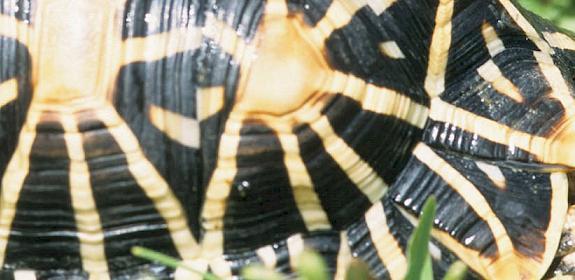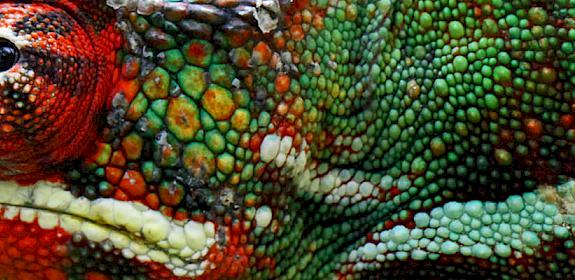Indian Star Tortoise seizure in Thailand brings year’s total to over 6000 individuals seized
Bangkok, Thailand, 11th December 2017—on the high seas, at railway stations and markets, Star Tortoise seizures continue to make headlines with the latest case in Bangkok marking 6,040 of the tortoises confiscated globally this year.
On Friday 1st December 2017, Thai authorities reported the seizure of 330 Indian Star Tortoises at Bangkok’s Suvarnabhumi International Airport.
The animals were stuffed into three untagged suitcases, which were found by Thai Customs at the arrival hall in the early hours of the morning. The tortoises are currently under the care of Thailand’s National Parks, Wildlife and Plant Conservation Department.
The Indian Star Tortoise is a popular pet because of its striking markings and is trafficked internationally in large numbers, with a minimum of 6,040 individuals confiscated in 11 seizures in 2017 alone, based on published sources. International trade in the species is permitted—but only if the required permits accompany the shipment: without them, the animals are seized.
Six of 2017’s seizures took place in India and Sri Lanka, while five took place in Southeast Asia (Cambodia, Malaysia, Singapore and Thailand).
An earlier seizure this year in Thailand involved a Malaysian man arrested in the southern Thai province of Songkhla attempting to smuggle a range of wildlife, including two orangutans and 12 Indian Star Tortoises, from across the border into Thailand.
“Cases like these underscore the importance of vigilance by Customs and other personnel based at ports and borders, which are important bottleneck points in the smuggling of wildlife,” said Kanitha Krishnasamy, Acting Regional Director for TRAFFIC in Southeast Asia.
“We congratulate the Royal Thai Customs for this successful seizure, the latest in a string of recent cases. Clearly smuggling of species to fuel the pet trade continues unabated. It is important that such seizures result in solid investigations to identify the perpetrators behind the crime.”
Thailand has also seen significant seizures in previous years. Between 2008 and 2013, the country seized more than 6,000 Indian Star tortoises.
TRAFFIC’s research between 2004 and 2013 shows the Indian Star tortoises was the most common tortoise species for sale in Bangkok’s Chatuchak market.
We still regularly record the species in pet shops across Southeast Asia, and this trade is likely having a detrimental impact on wild populations,”
Serene Chng, Programme Officer for TRAFFIC in Southeast Asia.
Massive pressure from trapping for this international pet trade has pushed wild populations into decline. As a result, the species was assessed as Vulnerable under the IUCN Red List in 2016. The species is listed in Appendix II of the Convention on International Trade in Endangered Species of Wild Fauna and Flora (CITES), and protected from commercial export under national laws in its range States of India, Pakistan and Sri Lanka.
Earlier this year, 97 Indian Star Tortoises were repatriated to India from Singapore, where they were confiscated.





